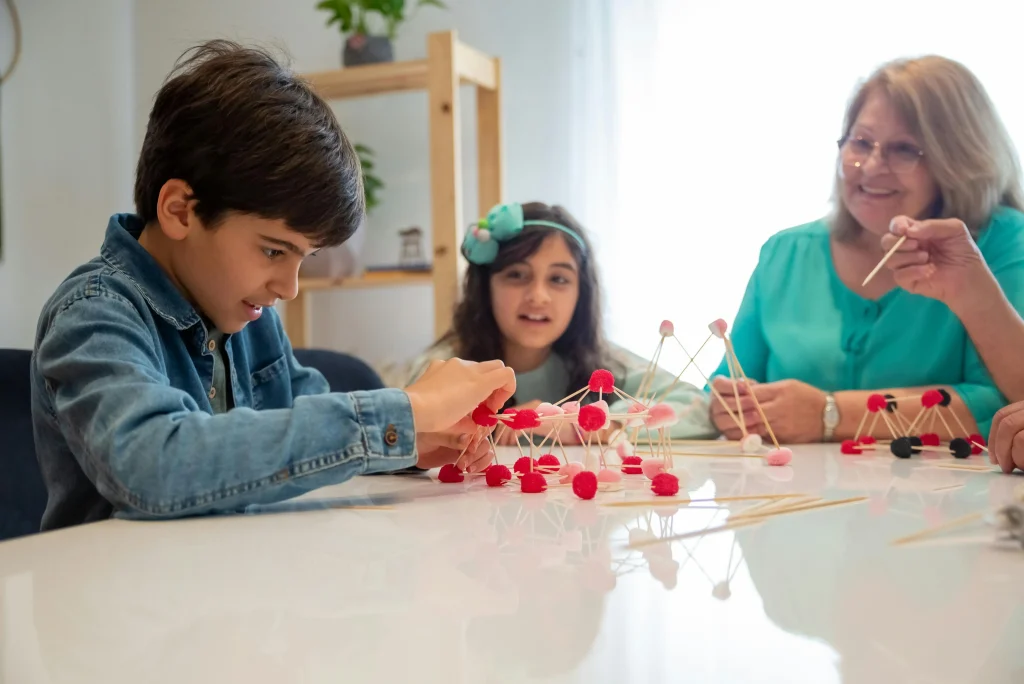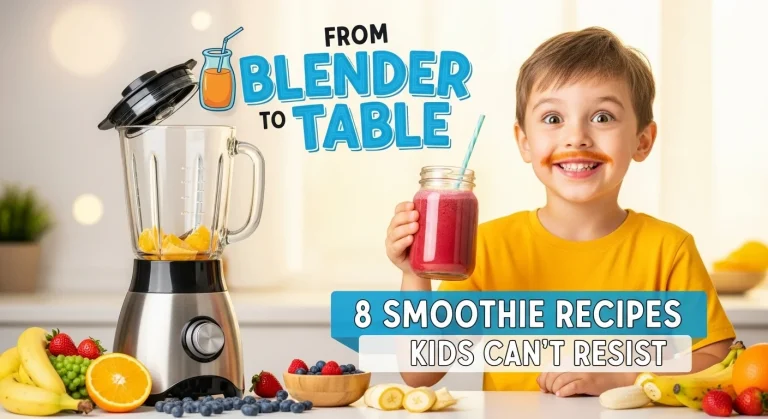Top 7 Kindergarten Fine Motor Games to Strengthen Little Hands
Introduction
Ever notice how your kindergartener struggles with tying shoes, holding a pencil, or even using scissors? You’re not alone — these little tasks can feel surprisingly big for tiny hands.
The secret to mastering these essential skills? kindergarten Fine motor games. Fun, purposeful play that builds the tiny muscles in kids’ fingers, hands, and wrists — helping them write, zip, grip, and more with ease.
In this guide, we’ll explore 7 amazing fine motor games that are easy to set up, engaging, and designed to boost strength, coordination, and confidence in your kindergartener. No boring drills here — just brain-boosting fun disguised as play!

1. Pom-Pom Pick Up Race
Give your child a pair of tweezers and a bowl of colorful pom-poms. Place an empty container nearby. Set a timer and challenge them to move the pom-poms using only the tweezers.
Skills Built: Finger strength, pincer grasp, hand-eye coordination
Fun Twist: Add multiple colors and ask them to sort by color while racing the clock!
Parent Tip: Use silicone tongs or chopsticks for variation.

2. Playdough Press & Sculpt
Playdough is a classic — and for good reason. Pressing, rolling, pinching, and shaping dough works all the small muscles kids need for writing and cutting.
Learning Angle: Builds grip strength and encourages creativity
Try This: Create themed prompts like “make your favorite animal” or “build a pizza.”
Busy Mom Bonus: Add letter stamps or cookie cutters to sneak in literacy or number practice.

3. Bead Stringing Station
Set up a bead station with laces and large plastic beads. For more challenge, add smaller beads or different shapes.
Why It Works: Improves bilateral coordination and visual tracking — both crucial for reading and writing
Make It Meaningful: Have them spell their name with alphabet beads!
Safety Reminder: Always supervise with small pieces.

4. Clothespin Clip Challenge
Write letters, numbers, or colors on clothespins and clip them to index cards, strings, or cardboard edges. You can even ask them to match uppercase and lowercase versions.
Strengthens: Finger pressure, dexterity, and focus
Game Idea: Use a spinner to turn this into a mini game of luck and learning.
Teacher Trick: Great for centers or quiet playtime activities!

5. Water Transfer with Sponges & Droppers
Place two cups side by side. Give your child a sponge or medicine dropper and ask them to transfer water from one cup to the other.
Why It’s Awesome: Builds grip, control, and patience
Add-on Fun: Tint the water with food coloring and do color mixing experiments!
Mom Hack: Less mess with a tray underneath — and it feels like real science.

6. Cutting Lines & Shapes
Give your child safety scissors and worksheets with straight, zigzag, and curved lines to cut. Progress to cutting shapes like circles, triangles, and hearts.
What It Teaches: Control, visual tracking, bilateral coordination
Make It a Craft: Have them cut out shapes to create animals or scenes!
Variation: Use different textures like felt, foam, or even leaves for outdoor fun.

7. Button Board & Zipper Practice
Use an old shirt or create a DIY button board with large buttons, snaps, and zippers. Let your child practice opening and closing them.
Why It’s Important: Builds independence with dressing and personal care
Creative Twist: Add fun fabric colors and patterns to keep it engaging.
Quick Fix: You can also use stuffed animals or dolls with real clothes.

Why Fine Motor Skills Matter in Kindergarten
Fine motor skills are essential for everyday kindergarten tasks like:
- Writing and drawing
- Cutting with scissors
- Buttoning coats or pants
- Eating with utensils
- Tying shoelaces
Without strong hand muscles and coordination, even basic tasks can feel frustrating for kids — affecting their confidence and willingness to try.

The earlier you incorporate fine motor practice into their routine, the easier it becomes. And when it’s fun? Even better.
Before we dive into budget-friendly supplies, moms looking to balance play and savings can explore these smart money hacks for moms.
Everyday Materials That Help
You don’t need fancy kits or expensive tools to build fine motor skills. Most of what you need is already in your home:
- Clothespins
- Playdough
- Pom-poms
- Buttons & zippers
- Beads & string
- Tongs, tweezers, and droppers
- Construction paper & safety scissors
Add these to a basket or bin labeled “Busy Hands Box,” and you’ve got instant learning tools on hand!

How to Keep It Engaging
Here’s how to make these games exciting, even for short attention spans:
- Use timers to turn activities into quick challenges
- Incorporate favorite characters or themes (e.g., superhero clothespins)
- Rotate materials weekly to keep it fresh
- Praise effort over outcome — focus on progress, not perfection
Remember, small hands doing small things now lead to big skills later.
When to Worry (And When Not To)
Some children develop fine motor skills later than others — and that’s okay. But if your child avoids tasks like coloring or struggles with simple hand motions well past kindergarten, it might be time to talk to an occupational therapist.
Otherwise, consistent exposure to fine motor play is the best strategy. No pressure. Just fun, hands-on growth.

Final Thoughts
The best fine motor activities are the ones that make your child forget they’re “working” at all.
Whether they’re squeezing playdough, picking up pom-poms, or dressing a doll — they’re gaining the strength, control, and confidence needed for school and beyond.
So roll out the play mat, set up a station, and let their little hands do the learning — one game at a time. 💪🖐️
Related Link: Planning a celebration soon? Check out these creative 40th birthday ideas — many are kid-friendly and adaptable for themed learning days!







